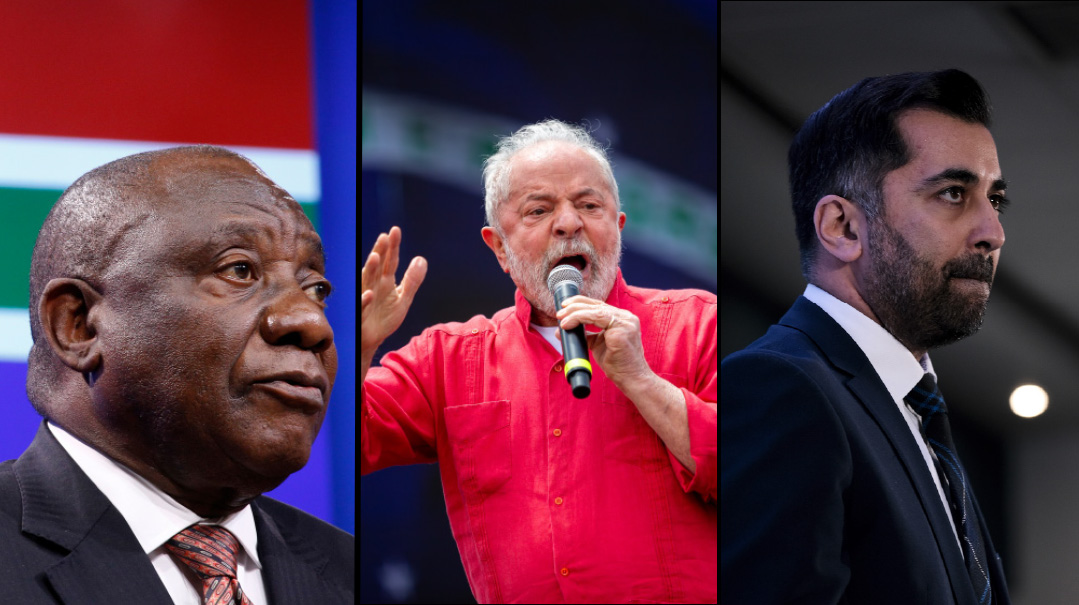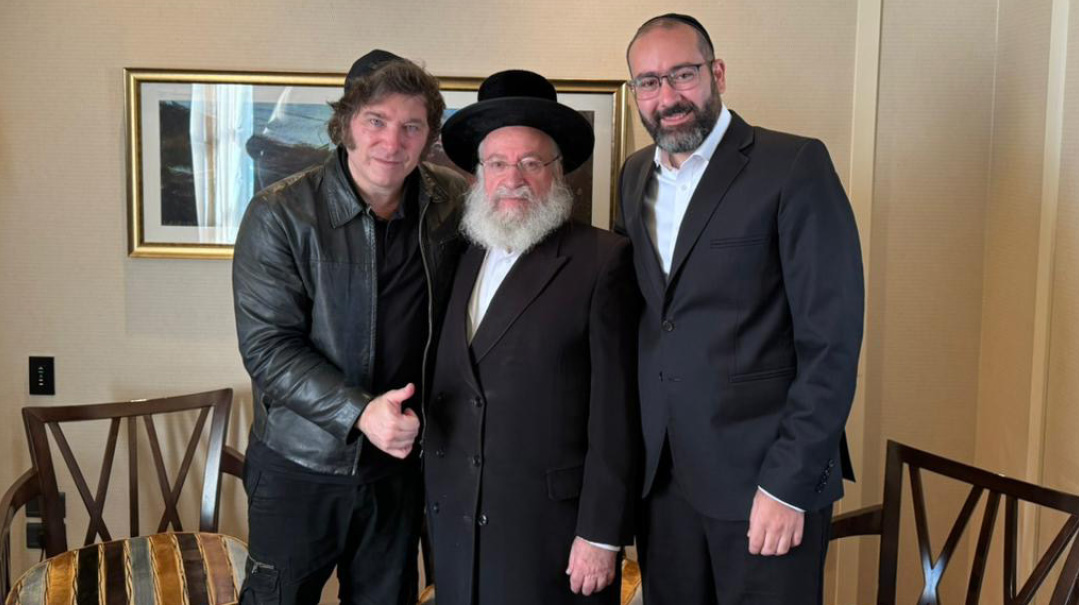Hatzalah’s Vaccine Survey: 5 Takeaways

Conducted over ten days at the end of April, the survey categorized respondents into three groups

The Backstory // Hatzalah’s Vaccine Survey: 5 Takeaways
The Hatzalah survey on vaccination trends in New York’s Orthodox community released this month was closely watched for what it said about a demographic that came under media fire at the height of the pandemic.
Conducted over ten days at the end of April, the survey categorized respondents into three groups: chassidish, of which nine kehillos provided 1,724 responses; yeshivish, which gave 1,212 responses; and Modern Orthodox, of whom 484 people answered.
I spoke to Rabbi Yehiel Kalish, the CEO of Chevra Hatzalah of New York, which sponsored the poll, and Moish Trencher, whose Nishma Research conducted it.
Here are five takeaways.
1. The chassidish kehillos may have had herd immunity last year
When Boro Park began emerging from the lockdown last spring, many kehillos insisted they had herd immunity based on internal mass antibodies testing that showed between 65 and 75 percent with immunity, according to a Hatzalah member.
But the city dug in, insisting that the neighborhood only had a 44 percent immunity, far below what was required. Long after the streets were once again bustling, agents enforced the regulation to keep small businesses closed and classrooms bolted.
The Hatzalah survey is the first official data to suggest that the kehillos may have been right. Response rates in the chassidish communities found that by the time of the survey, about 70 percent of them reported having Covid antibodies.
2. There is no monolithic “chassidish community”
Although the Hatzalah survey grouped many kehillos together in the “chassidish” community, there is no such animal. Kehillah responses range from percentages in the low teens in Vizhnitz and Satmar up to 55 percent in Stolin, which mirror the other groups.
3. Is the vaccine safe? Most say they don’t know
Asked whether the vaccine is safe, most said they don’t know. Many responses were along the lines of “I had Covid,” “The risk is low,” or “I’m young and healthy.”
This, says Trencher, offers experts a golden chance. “Most people just want more information. This gives us a real opportunity to move in with the facts about vaccines.”
4. Next up: Getting vax rates up
There has already been an advertising blitz in the heimish media that has resonated.
“I have noticed an uptick in vaccinations since we started advertising,” Rabbi Kalish said. “Our message is, the vaccine allows us to become normal again. Even for places like Boro Park that have been open since January, this will allow residents to go into stores and use mass transit without having to wear masks.”
5. Hatzalah members deserve Canyon of Heroes fete
In two weeks, New York will fete the Covid first responders and medical staff with a ticker tape parade on the Canyon of Heroes along Fifth Avenue, similar to Gen. Norman Schwarzkopf after the 1991 Gulf War and Neil Armstrong after his moon landing. Hatzalah members are worthy recipients of this singular honor.
“Our members were on the front lines,” Rabbi Kalish noted. “At a certain point, members understood that when they took someone from home, this was likely the last time that family would ever see that person. Our members are still traumatized.”
—Yochonon Donn
Equality for me, not for thee
Well, that was quick. Just a week after freshman Prime Minister Naftali Bennett told Israelis that he would represent the chareidi public in place of their MKs, his own environment minister, Tamar Zandberg of Meretz, begs to differ.
Zandberg said that she opposed legislation to create gender-separate areas at springs in Israel’s national parks, so as to prevent encroachment of gender-separation in the public sphere — a worrying trend, according to the far-left MK. This despite support for the move from the Nature and Parks Authority to accommodate the religious public.
Will PM Bennett ride to the rescue of bein hazmanim — or for that matter, Shabbos laws under threat from the Transport Ministry in his own government? Naftali Bennett may be a political opportunist, but opposing his own ministers in a fragile coalition may not be politically opportune. —Gedalia Guttentag
Out-Foxed
America’s conservative Fox News has spawned many copycats, which — excuse the mixed metaphors — aim to out-Fox it from the right. But after a quarter century, the cable giant has inspired an imitator across the Atlantic. GB News, headed by feared political inquisitor Andrew Neil, aims to put the “Great” and “Britain” back into a news industry dominated by the BBC and other perceived stooges of the hard left.
GB News launched to much fanfare and subsequent hilarity due to numerous glitches. But its similarity to the slick Fox News is limited anyway, because conservatism in the UK is a much feebler version of its transatlantic relative.
You need go no further than Andrew Neil himself for a demonstration: in an interview last year, he savaged (shock, horror) our very own Ben Shapiro.
Just saying
“By all accounts, Trump’s life after the White House doesn’t resemble that of a typical ex-president so much as a foreign monarch cast into exile — like Napoleon at Elba, but with golf and a bigger buffet.”
From a recent Bloomberg profile of Trump’s imperial post- (and possibly pre-) presidential life. Although the mash-up of Spanish and Venetian styles at Mar-a-Lago is probably not as impressive as the French emperor enjoyed at Versailles, France (not Versailles, Florida), Trump is still ahead: Napoleon escaped Elba for defeat at the Battle of Waterloo, whereas Trump might issue forth from Mar-a-Lago to victory in 2024.
(Originally featured in Mishpacha, Issue 866)
Oops! We could not locate your form.













